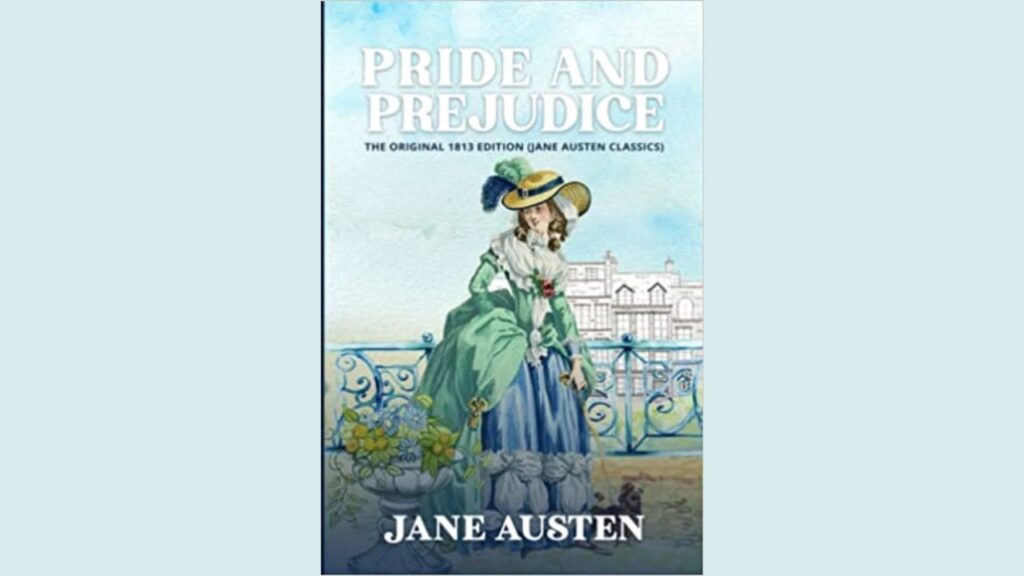
Introduction:
Jane Austen’s novel, “Pride and Prejudice,” is renowned for its rich tapestry of characters. Among them, Elizabeth Bennet and Mr. Darcy stand out as the central figures whose captivating journeys of self-discovery, transformation, and eventual love have fascinated readers for generations. This essay will delve into a comprehensive character analysis of Elizabeth Bennet and Mr. Darcy, exploring their motivations, personality traits, and transformations throughout the novel.
Elizabeth Bennet:
Elizabeth Bennet, the second eldest daughter of the Bennet family, possesses an independent and spirited nature. Initially introduced as an intelligent and quick-witted young woman, Elizabeth’s character evolves over the course of the narrative. Her motivations are deeply rooted in her desire for personal happiness and a refusal to conform to societal expectations.
Elizabeth’s defining personality traits include her wit, perceptiveness, and keen observation skills. Her ability to discern character quickly is showcased when she forms a negative first impression of Mr. Darcy based on his initial cold and haughty demeanor. Elizabeth’s sharp tongue and inclination to speak her mind often lead to humorous exchanges and memorable dialogues.
As the story progresses, Elizabeth undergoes significant personal growth. Her transformation is marked by her realization of her own prejudice and tendency to make hasty judgments. Through introspection and self-reflection, Elizabeth learns to question her initial assumptions and embrace a more nuanced understanding of those around her. This growth is most apparent in her changing perspective on Mr. Darcy.
Mr. Darcy:
Mr. Fitzwilliam Darcy, a wealthy and proud aristocrat, is initially depicted as aloof and disdainful, evoking an air of superiority. His motivations are driven by his sense of responsibility towards his family’s honor, resulting in an initial reluctance to form connections with those he perceives as beneath him. Mr. Darcy’s upbringing in a rigid class-conscious society has shaped his character, leading to a guarded and reserved demeanor.
Mr. Darcy’s personality traits include intelligence, integrity, and a strong sense of loyalty. While his reserved nature may be misconstrued as arrogance, beneath the surface lies a deeply caring and honorable man. As the narrative unfolds, readers witness the growth and transformation of Mr. Darcy’s character, largely influenced by his encounters and interactions with Elizabeth Bennet.
Elizabeth’s perceptiveness and ability to challenge Mr. Darcy’s preconceptions play a pivotal role in his transformation. Through a series of humbling experiences and introspection, Mr. Darcy confronts his pride and prejudices, ultimately leading him to recognize his flaws and strive for personal growth. His transformation is most evident when he sets aside societal expectations and follows his heart in pursuing a relationship with Elizabeth.
Their Relationship:
The complex dynamic between Elizabeth Bennet and Mr. Darcy lies at the heart of “Pride and Prejudice.” Their initial encounters are marked by misunderstandings, miscommunication, and personal biases. However, as the narrative progresses, both characters undergo a profound transformation that paves the way for their eventual union.
Elizabeth’s journey allows her to recognize the depth of Mr. Darcy’s character and the sincerity of his intentions. In turn, Mr. Darcy learns to shed his pride and reveal his vulnerable side to Elizabeth. Their love story is one of overcoming societal barriers, personal growth, and the triumph of true understanding.
Conclusion:
In “Pride and Prejudice,” Jane Austen masterfully crafts characters who come alive on the pages and resonate with readers long after the final chapter. Elizabeth Bennet and Mr. Darcy, with their distinct personalities, motivations, and transformations, epitomize the complexities of human nature and the power of personal growth and self-reflection.
Elizabeth’s journey from initial prejudice to genuine understanding and Mr. Darcy’s evolution from aloof arrogance to heartfelt humility are compelling arcs that captivate readers. Through their experiences, Austen presents a profound exploration of love, personal growth, and the triumph over societal expectations.
As readers accompany Elizabeth Bennet and Mr. Darcy on their transformative journeys, they are reminded of the capacity for change, the importance of empathy, and the significance of looking beyond first impressions. “Pride and Prejudice” stands as a timeless masterpiece that continues to enchant readers, offering profound insights into the complexities of human character and the power of personal transformation.



